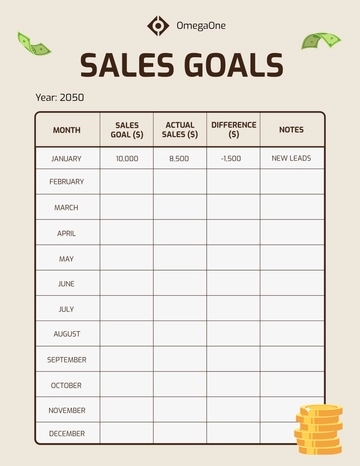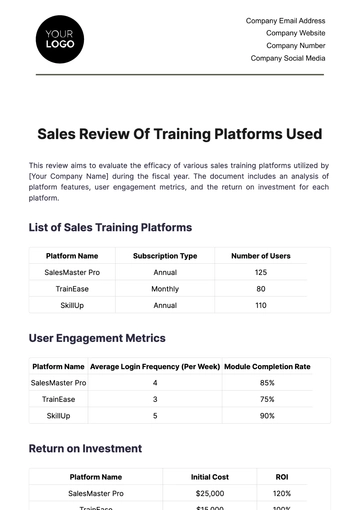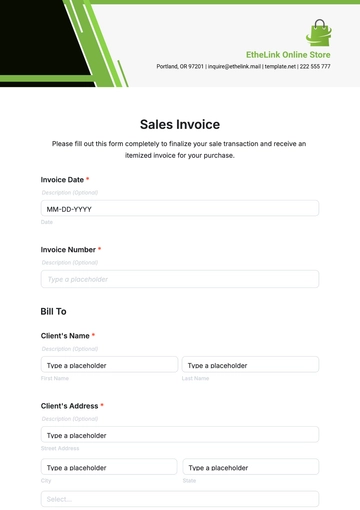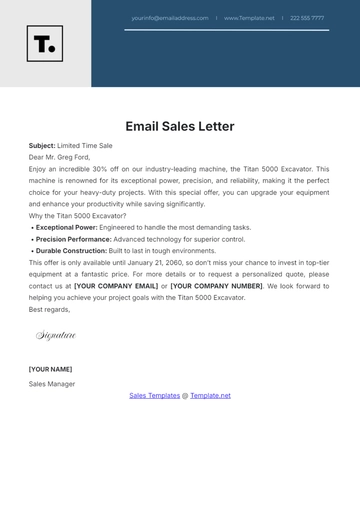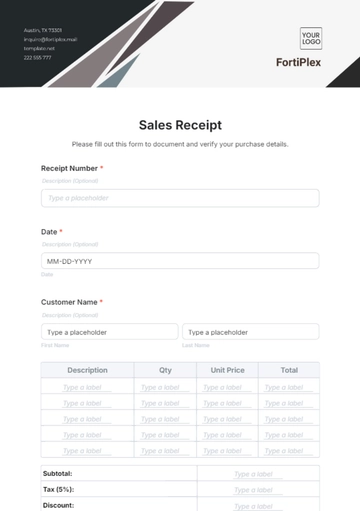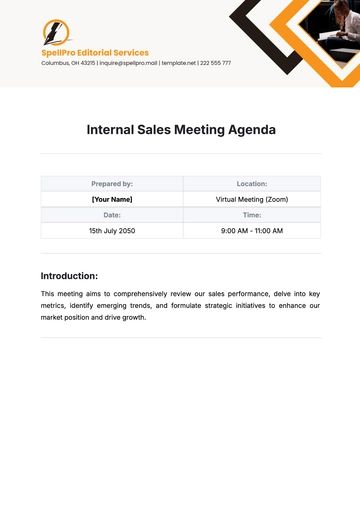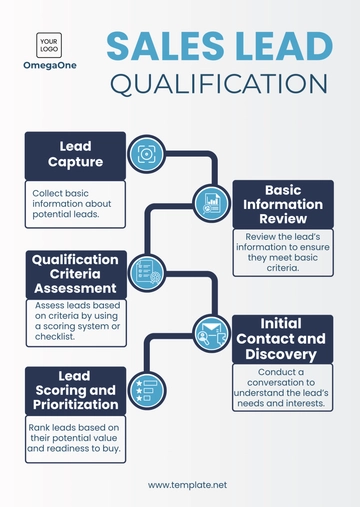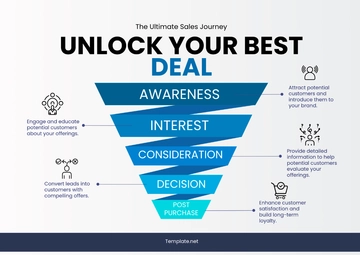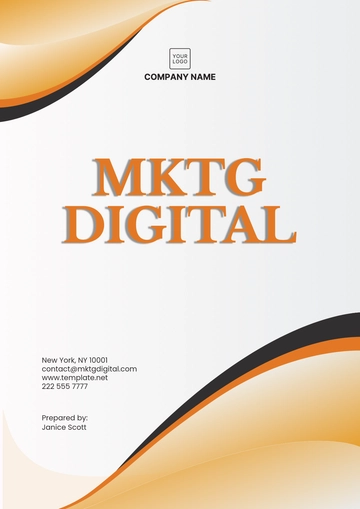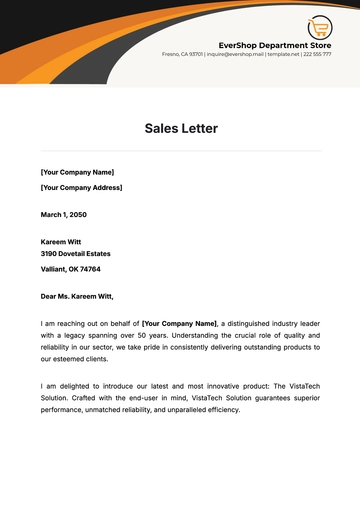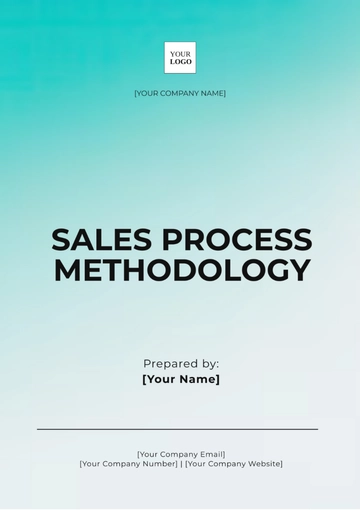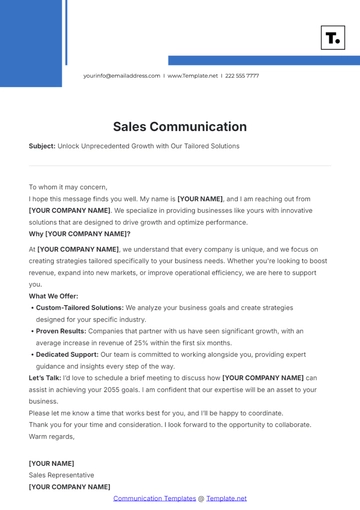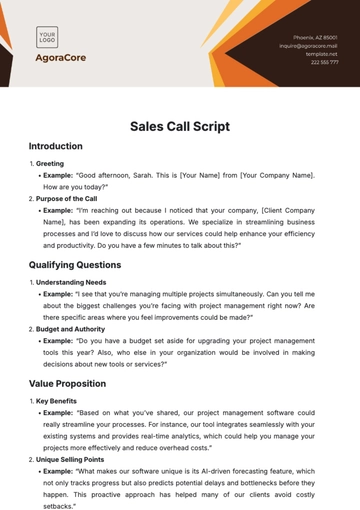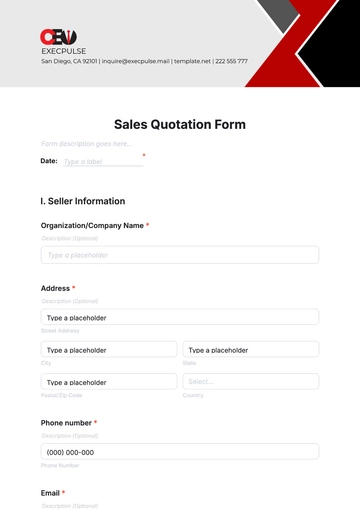Free Sales Commission Management Best Practices Document
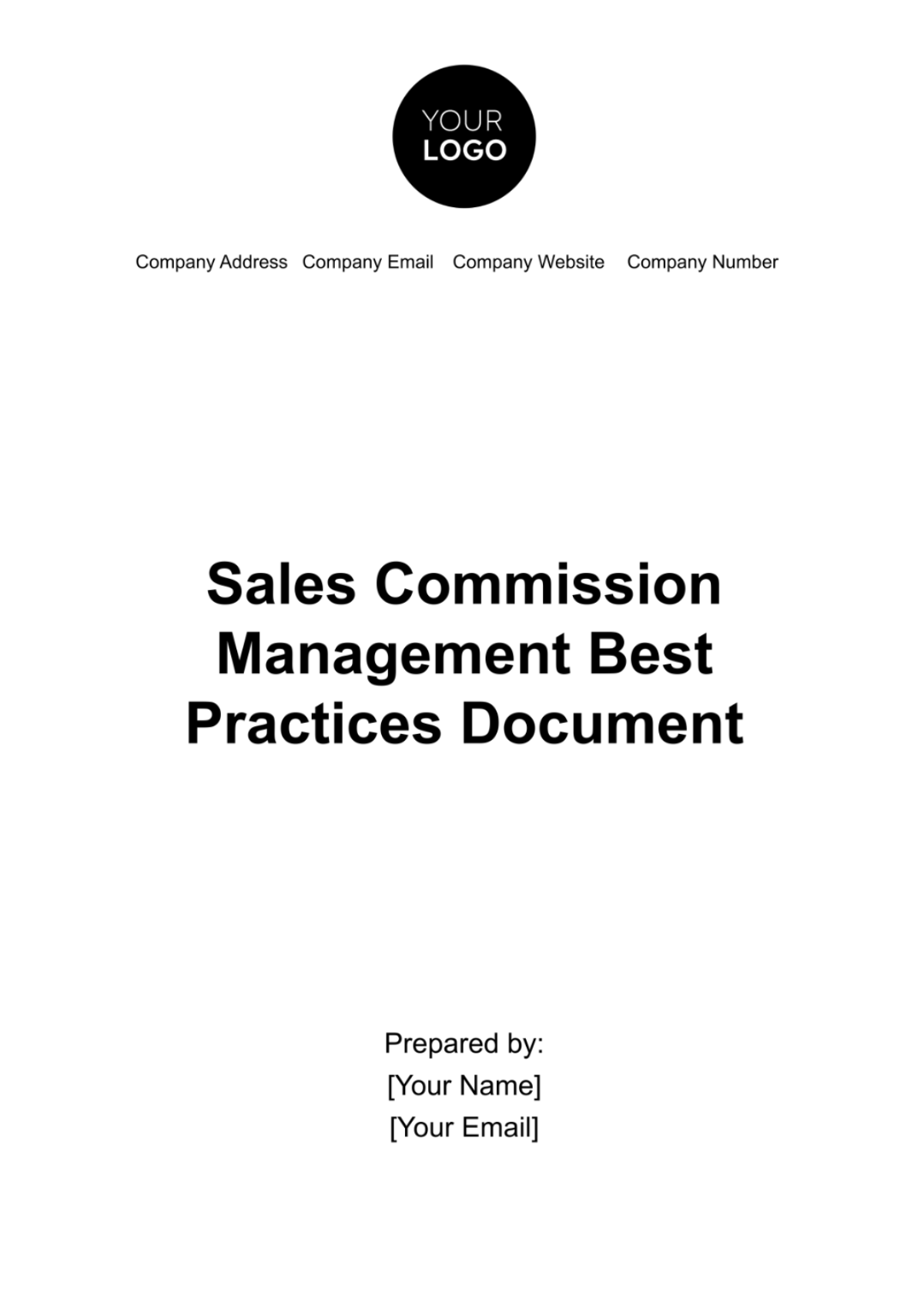
I. Introduction to Sales Commission Management
Sales commission management stands as a critical component of a company's sales infrastructure, playing a pivotal role in motivating and rewarding sales personnel. At its core, it encompasses the strategies, processes, and systems used to calculate, track, and disburse commissions to sales employees based on their sales achievements. This guide aims to equip you with a deep understanding of sales commission management and introduce effective strategies that ensure your commission management practices remain at the forefront of efficiency and fairness.
Effective commission management not only incentivizes sales staff but also aligns their efforts with the company's sales objectives, encouraging them to maximize their performance. By implementing the best practices outlined in this guide, [Your Company Name] commits to fostering a transparent, equitable, and motivating environment that supports our sales team's success and, by extension, the success of our organization.
II. Fundamental Principles of Effective Commission Management
The effectiveness of a sales commission management system hinges on several key principles. These principles serve as the foundation for developing a robust framework that supports the sales force and promotes a culture of achievement and satisfaction.
Clear Communication
Clear communication involves articulating the commission structure, performance metrics, and payout schedules in a straightforward manner. It's crucial that all sales personnel understand how their efforts translate into rewards. This transparency eliminates confusion and builds trust, ensuring that sales teams are focused and motivated.
Transparency
Transparency in commission management means providing visibility into the calculation and allocation of commissions. Sales staff should have access to real-time data regarding their sales performance and potential earnings. This openness fosters a culture of trust and accountability, as sales personnel can see the direct impact of their efforts on their earnings.
Fairness
Fairness is about ensuring the commission structure rewards all sales personnel equitably, based on their contributions and achievements. It's important to develop a system that considers various performance levels and market conditions, ensuring that the commission plan is perceived as fair and just by the entire sales team. Fairness in the commission structure encourages a healthy, competitive environment that motivates everyone to perform their best.
Flexibility
Flexibility refers to the ability of the commission plan to adapt to changing business goals, market conditions, and individual performance. An effective commission management system is dynamic, allowing for adjustments to commission rates, quotas, and performance metrics in response to evolving sales landscapes. This adaptability ensures that the commission plan remains relevant and motivating over time.
Recognition and Reward
Recognition and reward go beyond mere financial compensation. They encompass acknowledging individual and team achievements through awards, promotions, and public recognition. Celebrating successes not only boosts morale but also reinforces the desired behaviors and efforts that lead to those achievements. A well-rounded approach to recognition and reward enhances the motivational impact of the commission plan.
III. Implementing Best Practices in Commission Management
Implementing these key principles requires a strategic approach that combines clear policies, advanced technologies, and regular feedback. [Your Company Name] recommends the following steps to ensure that your commission management system is effective, fair, and motivational:
Develop a Comprehensive Commission Policy: Document and communicate the commission structure, including how commissions are calculated, performance thresholds, payout schedules, and any caps or bonuses. Ensure this policy is easily accessible to all sales personnel.
Utilize Technology for Automation and Transparency: Implement commission management software and tools that automate calculation processes, provide real-time performance tracking, and ensure accurate and timely payouts. This technology should also offer dashboards for sales personnel to track their progress and earnings.
Regularly Review and Adjust Commission Plans: Conduct periodic reviews of the commission structure to ensure it aligns with current business objectives and market conditions. Be prepared to make adjustments to maintain fairness, competitiveness, and motivation.
Foster a Culture of Recognition: Establish regular programs and events to celebrate sales achievements, both big and small. Use these opportunities to reinforce the value of hard work and persistence, and to showcase the potential rewards for outstanding performance.
By adhering to these principles and steps, [Your Company Name] ensures a commission management system that not only drives sales performance but also supports the overall growth and success of our organization and its valued sales team.
IV. Evaluating Commission Management Performance
To ensure the ongoing success and efficiency of your sales commission scheme, a systematic approach to performance evaluation is indispensable. This involves more than just reviewing sales figures; it entails a comprehensive analysis of the commission management system's effectiveness, its impact on sales behaviors, and its alignment with organizational goals.
Key Areas for Evaluation
Alignment with Sales Objectives: Assess whether the commission structure effectively incentivizes behaviors that align with the company's sales objectives. Are high-value activities being rewarded appropriately?
Sales Team Satisfaction: Gauge the satisfaction levels of your sales team regarding the fairness, clarity, and motivational aspects of the commission plan. This can be achieved through surveys, interviews, and turnover rates.
Administrative Efficiency: Evaluate the efficiency of commission calculation and distribution processes. High administrative burdens can detract from the overall effectiveness of the commission system.
Market Competitiveness: Compare your commission structure with industry standards to ensure your plan remains competitive, attracting and retaining top sales talent.
Financial Impact: Analyze the financial sustainability of your commission scheme. It's essential to balance rewarding your sales team adequately while also ensuring profitability for the company.
Methods for Effective Evaluation
Data Analysis: Utilize sales performance data to identify trends, patterns, and outliers. This analysis can highlight areas where the commission structure may need adjustment.
Feedback Mechanisms: Implement regular feedback channels for sales personnel to share their experiences and suggestions regarding the commission plan. This input is invaluable for continuous improvement.
Benchmarking: Compare your system's performance against industry benchmarks or past performance data to identify areas of improvement or success.
Periodic Reviews: Conduct regular review meetings with stakeholders, including sales leadership and finance, to discuss the effectiveness of the commission plan and explore necessary adjustments.
By regularly evaluating your commission management system's performance, you can ensure it remains a powerful motivator, drives the desired sales behaviors, and aligns with your business goals.
V. Technologies to Automate Commission Management
The adoption of advanced technologies plays a crucial role in streamlining and enhancing the efficiency of commission management processes. These tools not only automate calculations and reduce administrative burdens but also provide valuable insights for planning and decision-making.
Introduction to Technology Table
Below is a table summarizing key technologies used in automating commission management, their primary functions, and the benefits they offer to organizations. By leveraging these tools, companies can achieve a more efficient, accurate, and transparent commission management system.
Tool | Function | Benefit |
|---|---|---|
Commission Calculation Software | Automates calculations | Reduces errors and saves time |
Sales Performance Management Suite | Tracks and analyzes sales performance | Helps planning and forecasting |
CRM Software | Manages customer relationships | Centralizes customer data |
ERP System | Manages business processes | Streamlines operations |
HR Software | Manages employee records | Facilitates accurate commission tracking |
Commission Calculation Software: These platforms are designed to automatically calculate commissions based on predefined rules and sales data, significantly reducing the time and potential for errors associated with manual calculations. By automating this process, companies can ensure timely and accurate payouts, enhancing sales team satisfaction and trust in the commission system.
Sales Performance Management Suite: This type of software offers comprehensive functionality for tracking sales performance, setting goals, and analyzing sales data. It enables sales managers to make informed decisions, set realistic targets, and identify areas for improvement. Additionally, it facilitates better sales forecasting, helping align sales efforts with business objectives.
CRM Software: Customer Relationship Management (CRM) software serves as a central repository for all customer data, including interactions, transactions, and preferences. This centralization makes it easier for sales teams to manage their accounts and for companies to tailor their sales strategies based on detailed customer insights. Furthermore, integrating CRM data with commission management systems can streamline the reward process for customer-centric behaviors.
ERP System: Enterprise Resource Planning (ERP) systems integrate various business processes, including sales, finance, and HR, into a single unified system. This integration helps streamline operations, reduce costs, and improve efficiency. For commission management, an ERP system can provide real-time data on sales, inventory, and financials, aiding in accurate commission calculations and distributions.
HR Software: Human Resources software manages employee records, including personal information, performance data, and compensation details. Integrating HR software with commission management systems ensures that commissions are accurately tracked and aligned with employee records. This integration also supports compliance with labor laws and internal policies regarding compensation and benefits.
By implementing these technologies, [Your Company Name] can significantly enhance the efficiency, accuracy, and transparency of its commission management processes. This technological infrastructure supports a motivated sales force, aligns sales efforts with company goals, and ultimately drives business success.
Prepared by: [Your Name]
Company: [Your Company Name]
Email: [Your Company Email]
Phone: [Your Company Number]
This document is designed to provide a foundational approach to managing sales commissions effectively. By adhering to these practices, organizations can foster a motivated sales force, driving both growth and success.
- 100% Customizable, free editor
- Access 1 Million+ Templates, photo’s & graphics
- Download or share as a template
- Click and replace photos, graphics, text, backgrounds
- Resize, crop, AI write & more
- Access advanced editor
Transform your sales commission management with Template.net's comprehensive Best Practices Document Template. This editable and downloadable guide offers in-depth insights on commission structures, best practices, case studies, and more with customizable features using our AI editor tool. Available in multiple file formats, it's the ultimate tool for any business aiming for a more effective and streamlined commission management system. Boost productivity and morale effortlessly.





